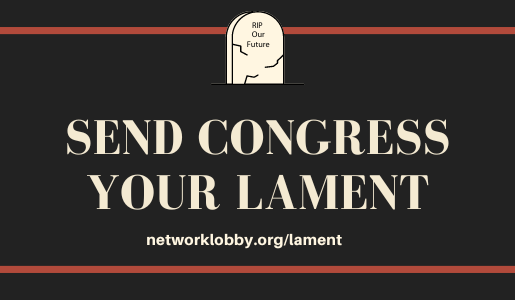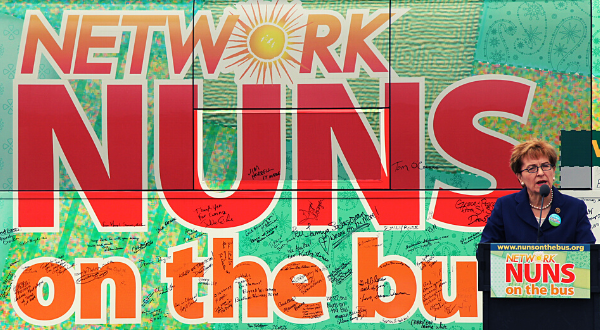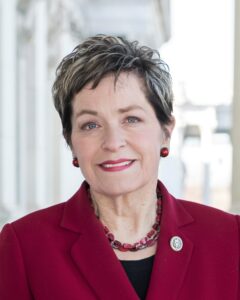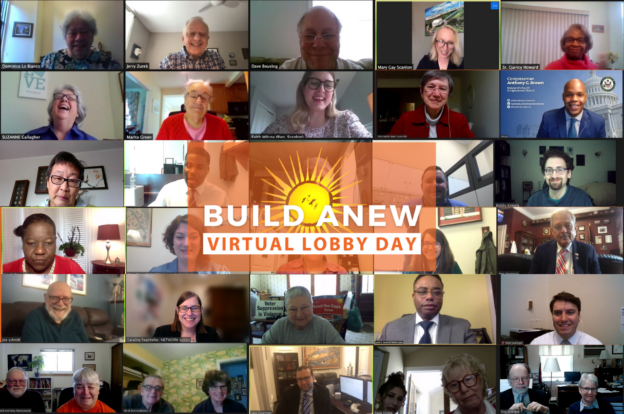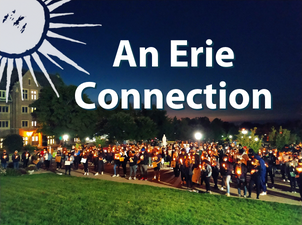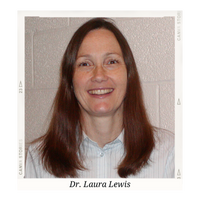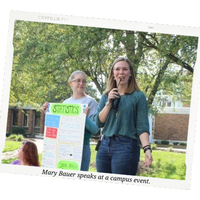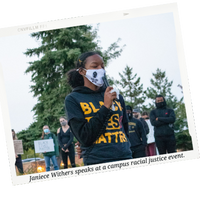
TELL YOUR REPRESENTATIVE: PASS THE INFLATION REDUCTION ACT
Together, we’ve advocated for years for federal legislation that prioritizes the interests of people (families, those with lower incomes, workers, seniors, and children) over corporations. The Senate-passed Inflation Reduction Act will lower the cost of prescription drugs, health insurance, and everyday energy costs, and force the wealthy and large corporations to pay their fair share of taxes. Now the House must pass take action so President Biden can sign it into law.
Fill out this form to contact your Representative









